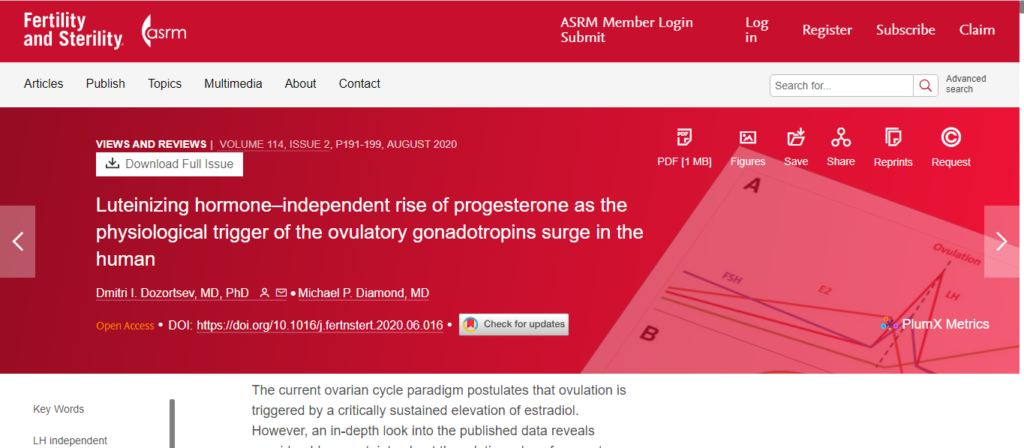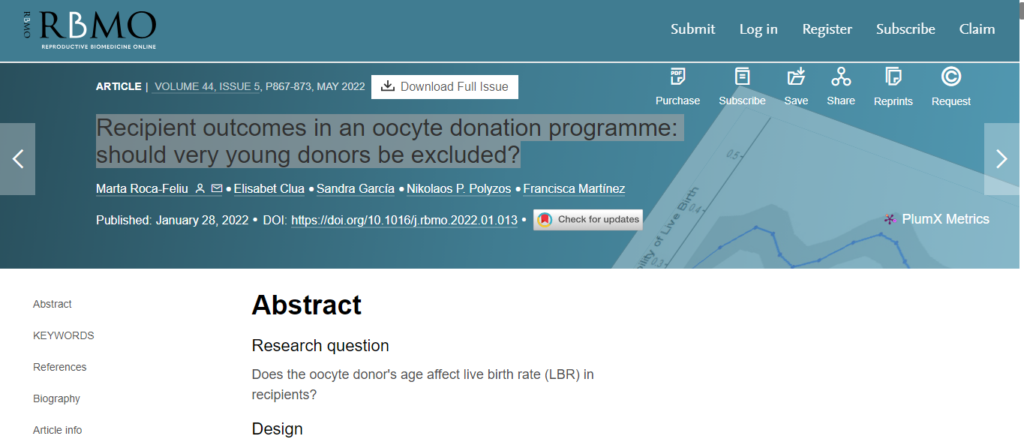Fertility apps can help you track your ovulation cycle, but they cannot always reliably predict fertility.
If you’re looking to conceive, chances are you’ve heard about fertility applications. Fertility apps are generally designed to help you track and predict your fertility windows. Using them can improve your chances of a successful conception.
While fertility apps are undeniably helpful, it is important that users maintain reasonable expectations about the accuracy of their predictions. Understanding how most fertility apps work will help you decide whether you want to use one, and it will help you develop realistic expectations about their efficacy.
What Are Fertility Apps and How Do They Work?
Fertility apps are digital applications that allow you to input data about your menstrual cycle and your body. They use your data to predict your next period and fertility window, offering you a best chance at a successful conception.
Most fertility apps work in the same basic way. They use algorithms to derive an estimated ovulation date, a window of fertility, and the date of your next period. Apps that are focused on fertility will recommend the best times to engage in intercourse in order to increase the chances of conception. The basic formulas of these apps assume regular and invariable menstrual cycles in order to make predictions about future fertility windows.
Types of Fertility Apps
While their basic functions are similar, there are many differences among the fertility apps on the market. The most basic apps are period trackers. These apps are designed to help you predict your period and to help you keep track of your cycle and your symptoms. Clue is one of the most popular period tracking apps. It lets you manually keep track of basic changes to your body, providing you with a detailed record that you can take to your doctor in case of any unusual behavior.
There are also fertility apps that are tied to wearable technology, such as the Cycle Tracking app that is part of the Apple Watch Health app. This app lets you track information related to your menstrual cycle, including basal body temperature. It also gives you the option to opt into notifications when you enter your fertile window so that you don’t accidentally miss it.
Unsurprisingly, popular apps for conception focus on tracking fertility specifically, rather than just your period. These apps, like Ovia and Glow, prompt you to collect the information you need to predict your fertility windows even if you were not using an app, such as your basal body temperature, cervical mucus, and cervical position. Up-to-date biological changes are more reliable for predicting the ovulation cycle than previous data, which is why apps that base their predictions on new measurements are often more reliable.
How Effective Are Fertility Apps?
The answer is: somewhat. If you have a regular ovulation cycle and are consistent about inputting data into the app, the app is likely to be more effective. However, even under the best circumstances, you can’t assume that the information you receive from your fertility app will be 100 percent accurate. One study in Australia that looked at 36 fertility apps found that only 42.7 percent of the apps predicted the user’s ovulation date correctly. This research indicates that when it comes to fertility apps: the effectiveness of the app can vary wildly. If you choose to use an app, make sure you are realistic about the degree of accuracy it provides.
The more information an app requests, the more accurate the data is likely to be. However, even then, a lot depends on your own accuracy and consistency when using the app and the regularity of your cycle. Apps also cannot capture all the factors — from weight fluctuation to stress — that can impact a woman’s fertility, and it is unlikely that they will ever be universally or consistently accurate. That doesn’t mean that you shouldn’t use fertility apps, but you should be measured about your expectations.
If you want to start tracking your fertility, but don’t know where to begin, don’t hesitate to reach out to us at AFCT. Our specialists will help guide you through your fertility journey and toward a successful conception.



